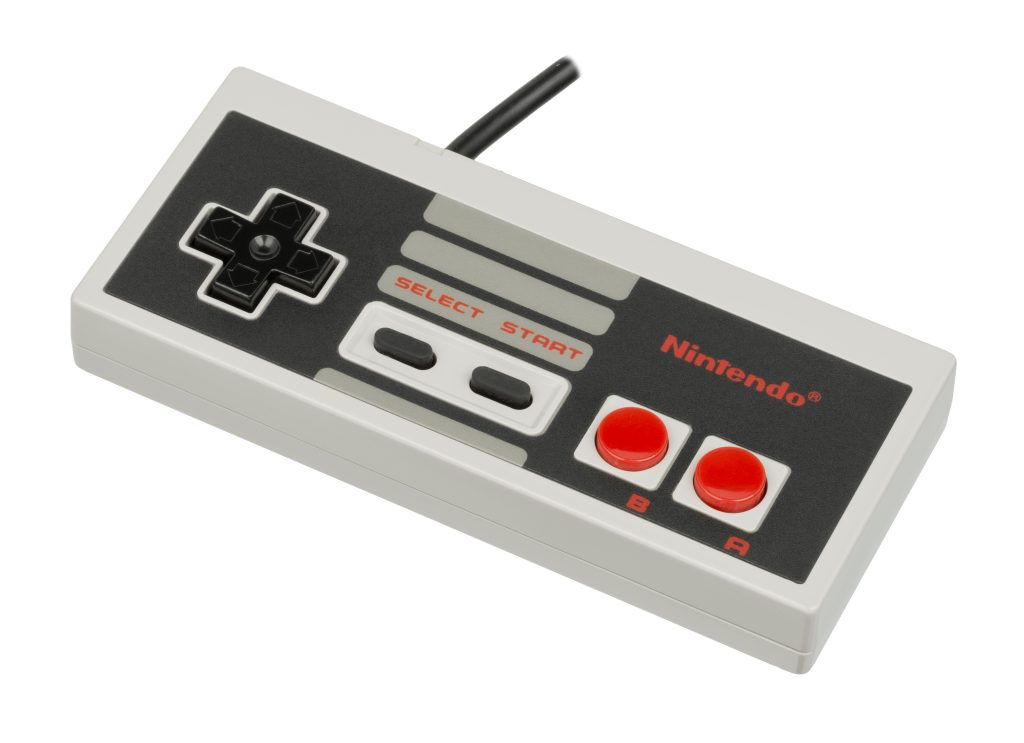Any video game sets up routines for the Players. Certain genres, like RPG and survival, are based on the concept of grinding. Grinding is making certain things over and over to achieve certain results. Often related to power-progression.
The art of game design in this case is being able to anticipate when certain tasks become a chore and make them evolve into something else. Usually, there are two steps:
- First, you make them automate something
- Then you give them the possibility to evolve the system so that the player becomes something new.
An interesting example of that is the game V-Rising. You are a vampire building an empire. And you have chores to do, collect things, craft other things, and so on.
The game lets you build special floors that boost that part, so that the game becomes a matter of designing your castle, more than building the next thing to improve your crafts.


